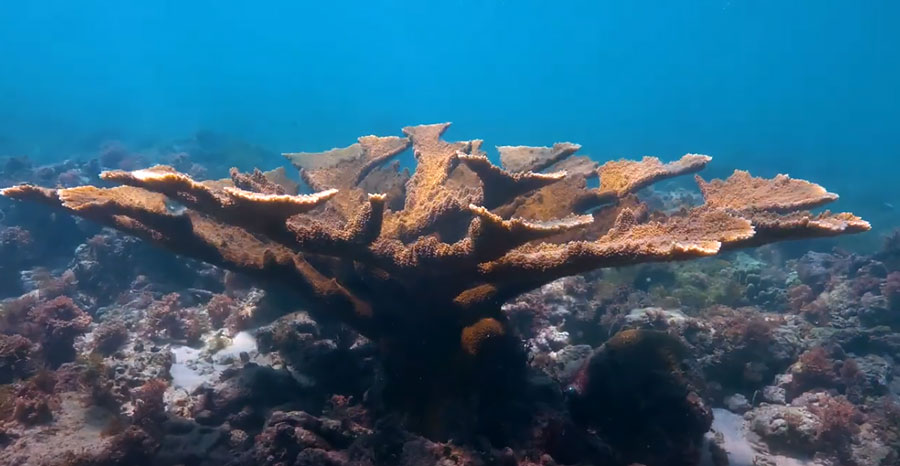
Reef Patrol’s latest short documentary encapsulates the efforts of Fundemar and SECORE in the vicinity of Bayahibe, Dominican Republic. After a few years of successful partnership, these organizations are boldly expanding their joint efforts.
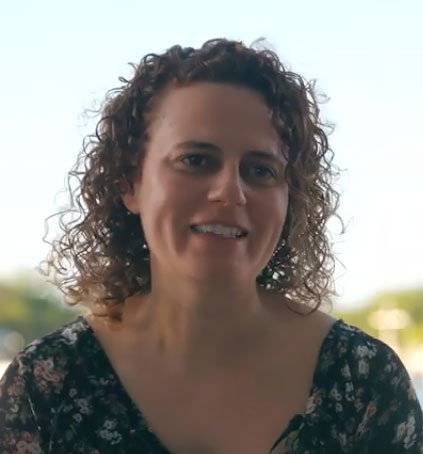
Rita Sellares, Executive Director of Fundemar, a nonprofit conservation organization based in Bayahibe, discusses how the community-based initiative works with both asexually propagated Elkhorn and Staghorn Corals (Acropora palmata and A. cervicornis), as well as utilizing seven sexually-propagated coral species, all within their coral restoration efforts. Sellares has come to learn that community involvement is crucial for the success of conservation efforts.
“I think that the reefs have an important value, but unfortunately people see the forests, the beach, but they don’t see the reefs. They feed on the reefs they enjoy what the reefs provide, but they don’t understand the concept, and that’s what we have seen. By integrating the community we have seen how they themselves understand and comprehend how the reefs work, and that has made them fall in love with the reefs. When you really get into the world of the coral reef…you see the connection.”
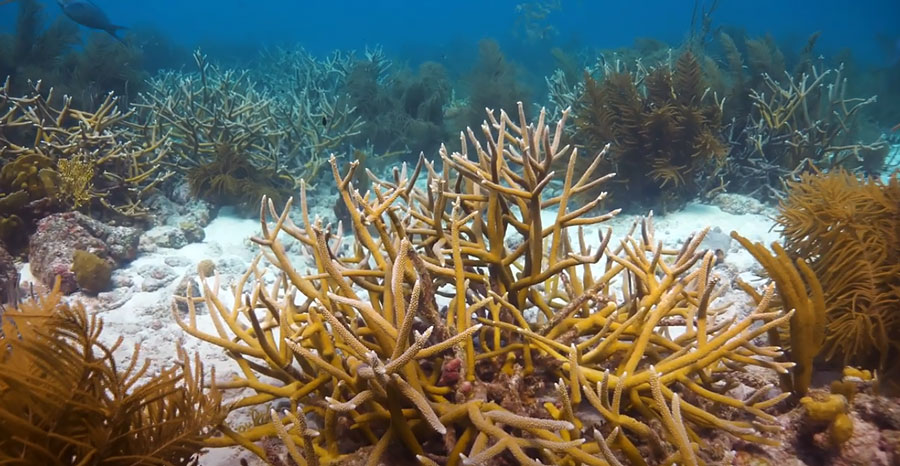
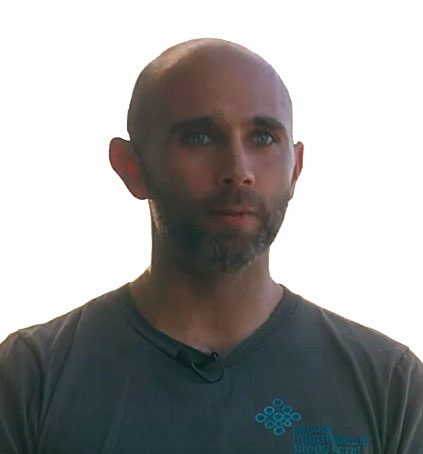
Aric Bickel, Director of Technology and Implementation for SECORE International, shares that Fundemar is one of SECORE’s most mature partners in leveraging sexually-propagated corals for reef restoration, which he believes are critical for future success.
“The oceans are changing,” he says, “and we have to build in the ability for the corals and the populations and ecosystems to be able to adapt to those changes. And right now the best tool that we have to do that is building genetic diversity. And the best tool that we have to build genetic diversity is to allow corals to sexually reproduce before we use them for restoration. That allows us to get as many genotypes out into the population as possible and helps us begin to build resilience.”
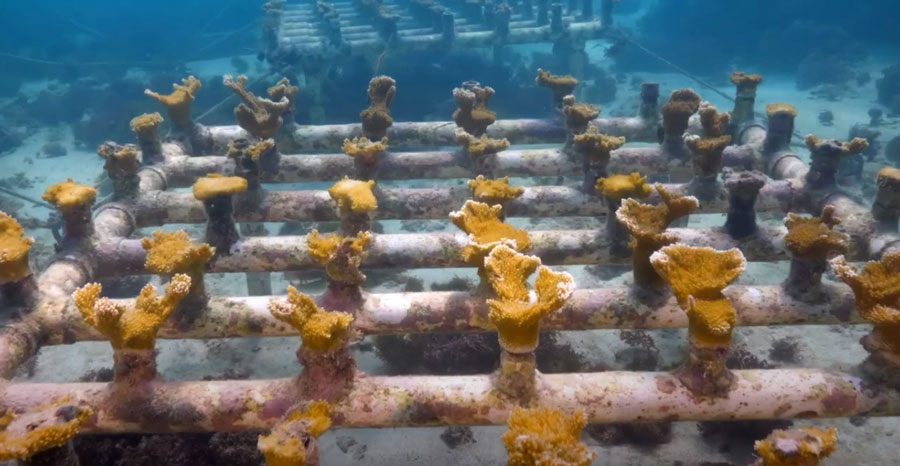
Building upon recent successes with outplanting Acorpora palmata in the area, Fudemar and SECORE have committed to a large-scale restoration project. “More than four hectares (10 acres) of reef will be enhanced through coral seeding within the next three years,” the video concludes.
Watch Rebuilding Coral Reefs in the Dominican Republic
References
FUNDEMAR: https://en.fundemardr.org/
REEF PATROL (YouTube): https://www.youtube.com/c/reefpatrol




